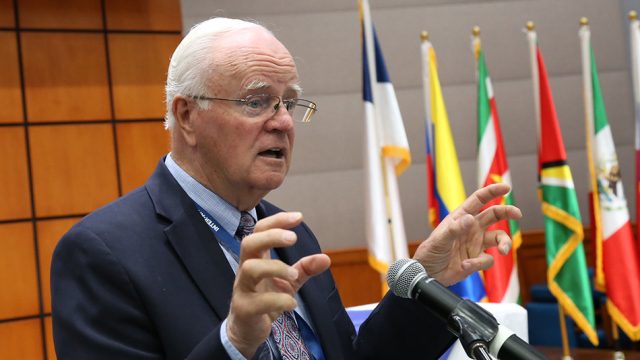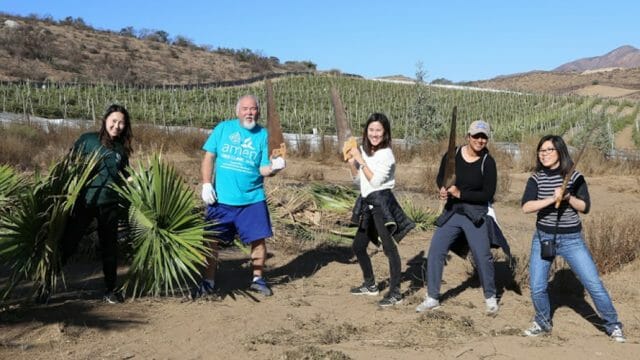A Middle Eastern refugee’s prayers were answered in the way she least expected it.

Sophia stood at the doorway to the company kitchen, twisting the corner of her apron absent-mindedly. As a refugee in a closed Middle Eastern country, her prayers had been answered three months earlier when she finally found a job as a company cook. She couldn’t speak the local language or even the language of most of the workers, but she enjoyed serving. It was a successful company and business was improving.
In fact, so many orders were coming that the president announced one morning that the company would begin working on Saturdays as well. Everyone would be required to work.
Sophia didn’t need time to think about her decision. God had given her this job; He could protect it. She took a deep breath, straightened her apron, and headed for the company office. She didn’t know the language well, so her message was short. “I cannot work on Saturdays. It is the Sabbath day for me.”
The return message from the boss shook her. “If you cannot work on Saturdays, we no longer need your services. We apologize, but do not come to this job anymore.”
A blur of fears overwhelmed her. How could she and her husband survive without her job? As refugees they had very few job opportunities. Living in the new country was expensive. His income did not even cover the basic living expenses. She began her plea to God even before she got home to tell her family what had happened.
God also began answering immediately, as peace filled her heart. That first Sabbath she rejoiced that she had been able to make the right decision and find the strength to remain faithful to the Lord and His commandments.
Sunday morning, her mobile rang. Her boss was calling. Cautiously, she answered. His message was short. “Sophia, I have decided to consider your holy day. You can return to work on Monday and have all your Saturdays off.”
“Oh,” she responded in disbelief. “Uh, thank you, sir. Thank you very much.”
Her mind was still racing on Monday morning as she put the breakfast dishes out and set up the tea table. It was something she’d done every workday for months, but that morning seemed different.
As usual, she bowed her head to pray before serving the meal she’d prepared. For reasons she still doesn’t know, her coworkers asked her to pray for them too. Everyone was eating when the boss motioned to her.
“Please tell the staff about your faith — what you believe as a Christian and also what the difference is between Christianity and other faiths.”
Sophia gulped. How could she explain something so involved when she could barely speak either of the two languages of those listening? But in her simple way, she began talking about Jesus Christ and all that He had done while on earth. She told about the miracles He had done in her own life. She sensed the power of the Holy Spirit within her as she shared with details far beyond her vocabulary in either language. The room was silent, faces fixed on her as she spoke. She realized they had understood.
When she finished, her coworkers marveled. “You spoke with excellent grammar in my language.” “But you also used my language correctly and you spoke very well.” That everyone understood was impressive enough. But one woman quietly moved the response beyond Sophia’s presentation. “This gives me goosebumps,” she said. “Is God really like you say?” Another coworker cautiously asked, “Does God really love?” And yet another one, “Is it true God is not scary at all?”
Her simple answer: “Of course. God is love, and God’s love is the heart of Christianity.”
It was a first for Sophia, after which she would never be the same. “Before that morning I felt I had a ministry in befriending people, being helpful, even inviting them to my home. But I realized in this experience that God wants me to speak about Christ whenever I can, and He will translate if necessary. Yes, He tested my faithfulness to Him, but then He showed His power.”
Sophia’s coworkers will never be the same either. They have ongoing conversations about her faith, about Jesus. Some are convicted about the Sabbath and are becoming stronger as they make the decision that she herself made that allowed her to share in the first place.
Sophia’s burden has changed too. Now she sees how her witness can be specific, bold, and ready to go beyond building friendly bridges to talking about what God has done for her, what He has done in Christ. “Please pray for my work colleagues to fully open their hearts to God and to accept Him with all their heart and soul.”








